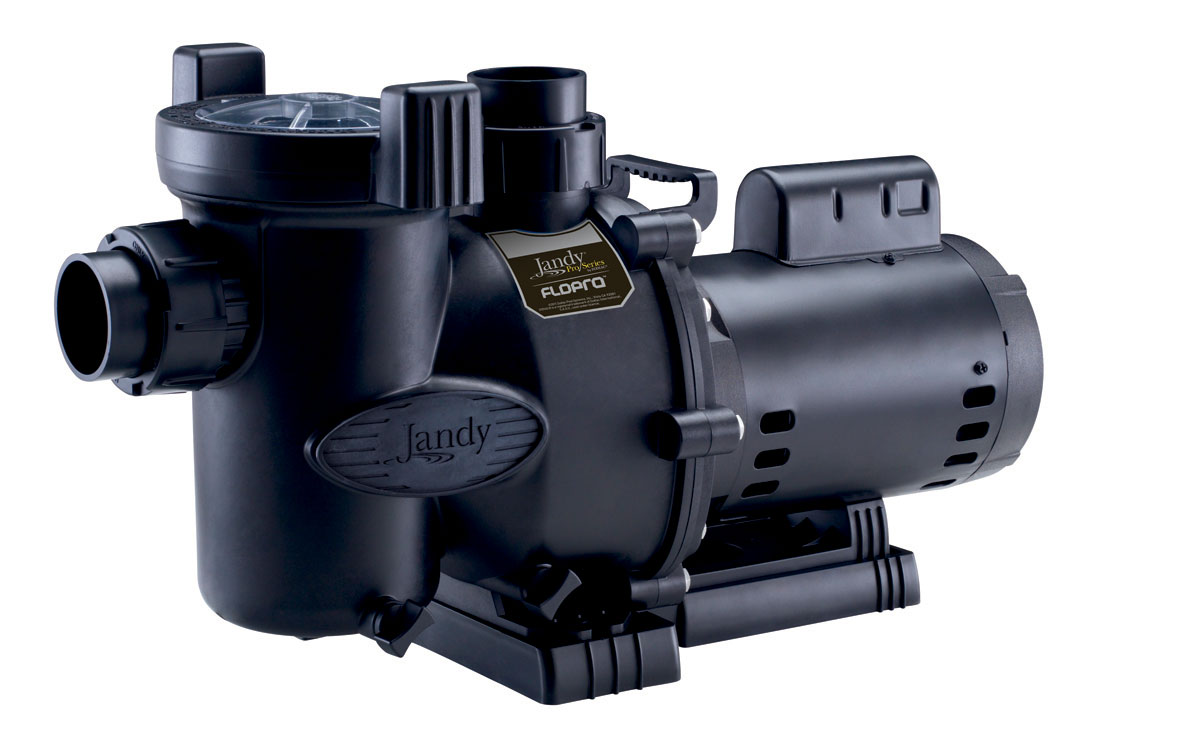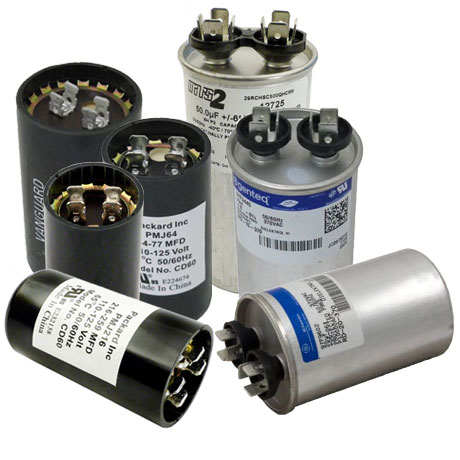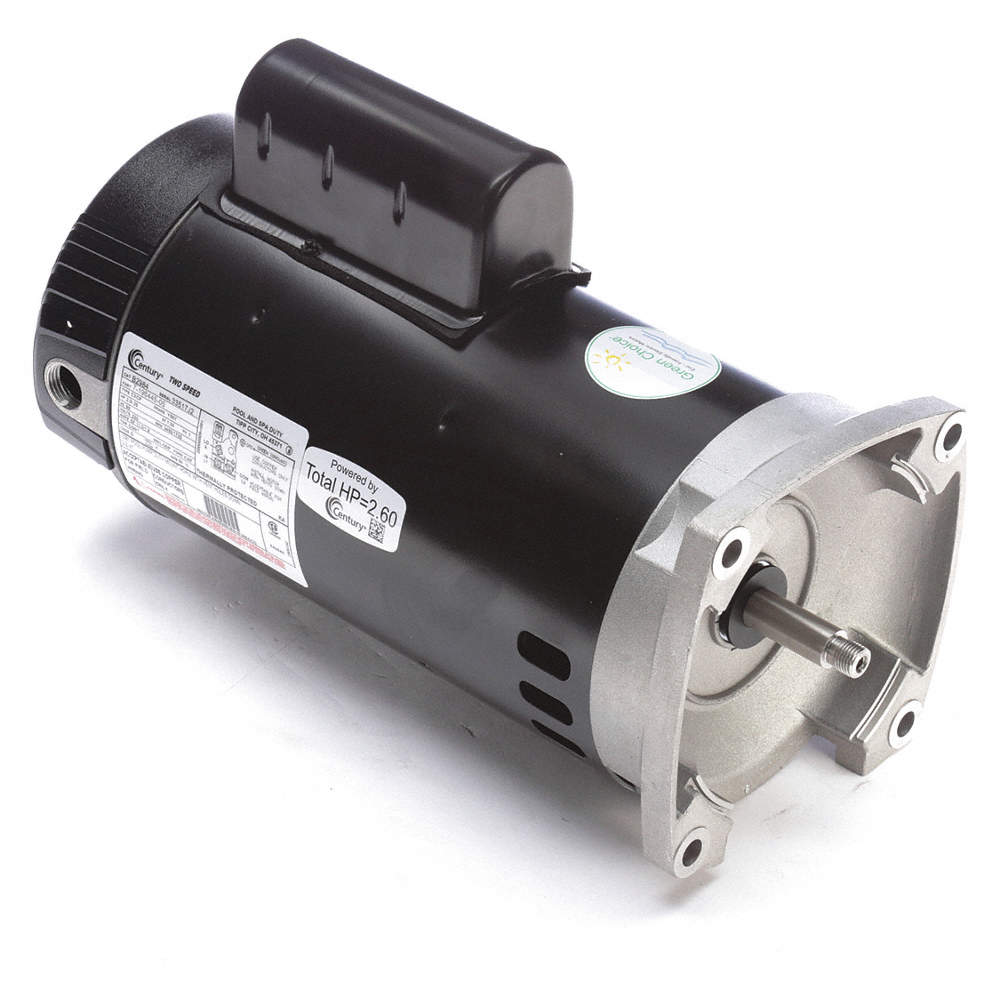
Pool Pump Capacitors
Is your pool pump giving you a ‘buzz,’ ‘hum’ or ‘nnngh!’ type of sound and not starting up?
Then you very well might have a capacitor problem. This sound will typically continue until the circuit breaker trips.
What is a capacitor?

A pool pump capacitor is like a battery to start the pump motor similarly to the battery in your car. Pool pumps may have two capacitors. There could be one in the back which is the start capacitor, and one on top which is the run capacitor. Start capacitors have a limited service life of approximately 5000 starts of the pool pump motor. The run capacitors typically last longer. The capacitor allows the pool pump to get up to speed before it switches over to using a different power source to run.
How do you test for a bad capacitor?
First, check the components of the pool pump. Shut off all power and flip breakers to the off position before diagnostics. Begin with checking the impeller and motor shaft to see if it it is turning freely. This will rule out the possibility of rust binding up the rotor and stator, or something heavy stuck in the impeller.
Next, assess the appearance of the capacitor. If it’s bulged, cracked or otherwise looks damaged, you can assume that it has failed. You should also check for loose, crimped or broken wires, rusty terminals, or burned marks on the capacitor.
If the motor freely spins and the capacitor does not have any obvious changes in appearance, then the capacitors can be tested for “capacitance.” Capacitance is the available starting power. Test the capacitor by using a multimeter set to the highest level for Ohms. If the meter reads zero, and stays at zero – the capacitor is bad. If it slowly rises to infinity, your capacitor is capable of holding a charge, and a replacement capacitor is not needed.
What causes a capacitor to go bad?
- Failure could occur if the incorrect capacitor was installed. When you replace your existing capacitor, you want to make sure the microfarad rating is the exact same and the voltage should be the same or higher. You can’t replace it with a lower voltage rating.
- If the motor runs lightly-loaded, also known as hot, it can cause high capacitor voltage, ultimately leading to failure. Light-loading or running hot can occur due to restrictions, such as an air leak.
- The capacitor is faulty from the start, either it is from a bad batch or mishandled before it installed.

If you’re having a problem repeatedly, it’s probably not the capacitor. It could be the fact that you just have either a bad motor or an old motor. Overtime, the windings or bearings may go bad thus causing the pump to run hot; which, could cause a capacitor to go bad. Should you be going through capacitors frequently or the motor is running hot, then it is best to replace the whole motor.
Please note, the following information that was provided was not a comprehensive outline on how to specifically test your capacitor, but rather general guidelines. Always use extreme caution and care when operating a pool pump as there is an element of danger including electrical shock, a capacitor blowing up and more.



